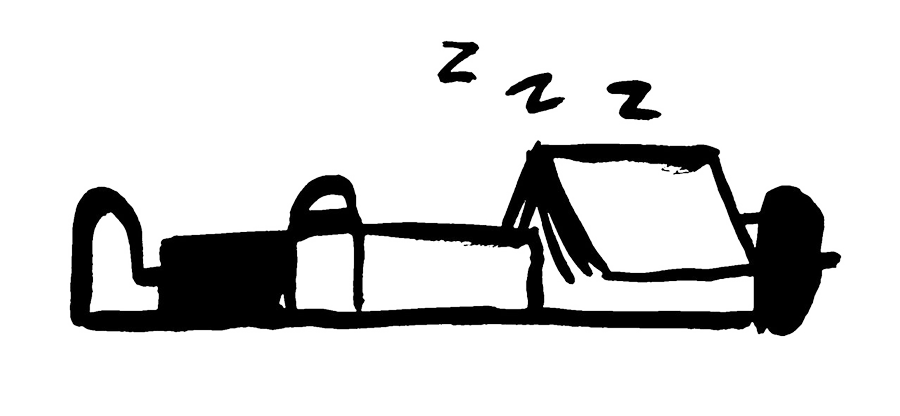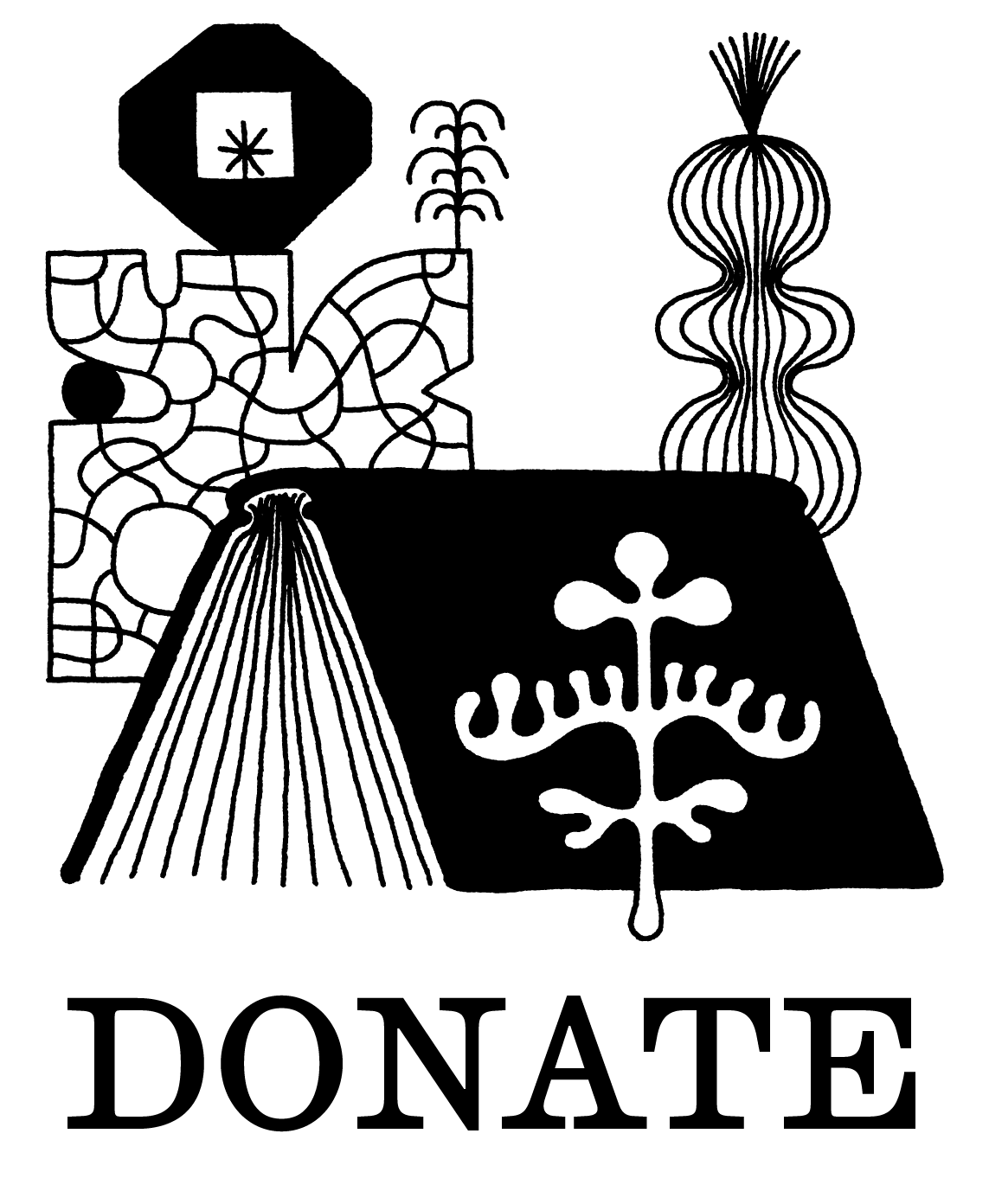



| Title |
Mauka to Makai: Hawaiian Quilts and the Ecology of the Islands |
| Author(s)/Editor(s) |
Marenka Thompson-Odlum |
| Publisher | Common Threads Press |
| Pages | 120 |
| Dimensions | 160 x 230 mm |
| Format | Softcover |
| Year | 2024 |
Exploring the intimate relationship between Hawaiian quilts, post-colonialism and ecological disaster, research curator Marenka Thompson-Odlum traverses Hawai‘i through the Poakalani quilting group and fifteen extraordinary quilts, newly commissioned by Pitt Rivers Museum, University of Oxford.
The ahupua‘a is an ancient land division system — extending from the highest regions of Hawai‘i’s uplands (mauka) to the ocean (makai) — representative of the Hawaiian people's sacred knowledge and reverence towards the environment. Once a thriving and finely balanced system, the colonisation of the Hawaiian Islands coupled with the existential threat posed by the climate crisis has put the ahupua‘a severely at risk.
First established in 1972, the Poakalani quilting group continue to preserve the cultural legacy of Hawai‘i’s quilting tradition, sharing it with makers around the world. Featuring the stories behind the quilts and a glossary of Hawaiian words and phrases, alongside interviews with artists, activists, farmers and historians, Mauka to Makai: Hawaiian Quilts and the Ecology of the Islands pulls on the threads of connectivity shared by those who are using Indigenous Hawaiian philosophies of sustainable stewardship to revitalise the ahupua‘a.
About the Editor
Marenka Thompson-Odlum is Research Curator (Critical Perspectives) at Pitt Rivers Museum, Oxford. She grew up in the Caribbean nation of St Lucia. At Pitt Rivers Museum, Marenka leads an Art Fund project to commission new objects for the Museum's collections, build new relationships with indigenous communities, and enhance the Museum's displays. This project has led her to work with artists and makers from the islands of Hawaiʻi, Haida Gwaii and Hokkaido. She is also the lead researcher on the Labelling Matters project, which investigates the problematic use of language within Pitt Rivers Museum's displays and re-imagining the definition of a label with a decolonial lens. Her doctoral research at the University of Glasgow explored Glasgow’s role in the trans-Atlantic slave trade through the material culture housed at Glasgow Museums.
Marenka has notoriously (within the Poakalani quilting circle) been working on her very own 22x22 inch Hawaiian quilt for the last three years with the end nowhere in sight. Part of her curatorial practice is to understand the collections she helps care for by learning the methods through which they were made. This has led her to pound kapa (barkcloth) in the sunshine of Waimanalo, plant taro in shadow of Mount Kaʻala and birdwatching in the ʻōhiʻa lehua forest near the crater of Kīlauea. She hopes that compiling this book on Hawaiian quilts will inspire others and herself to learn about and continue this beautiful tradition.

